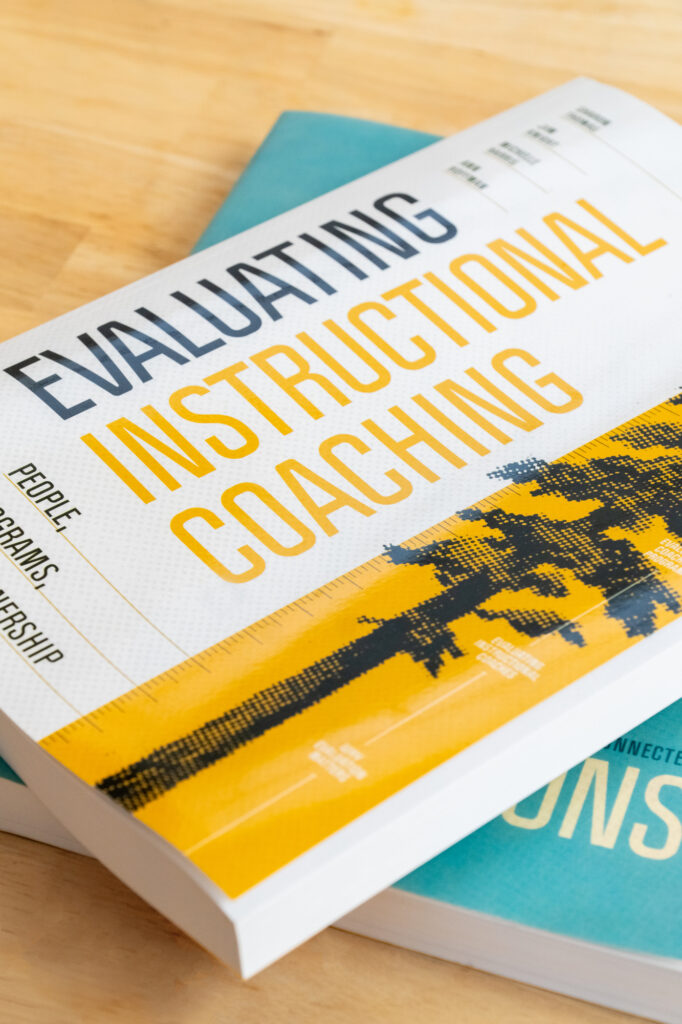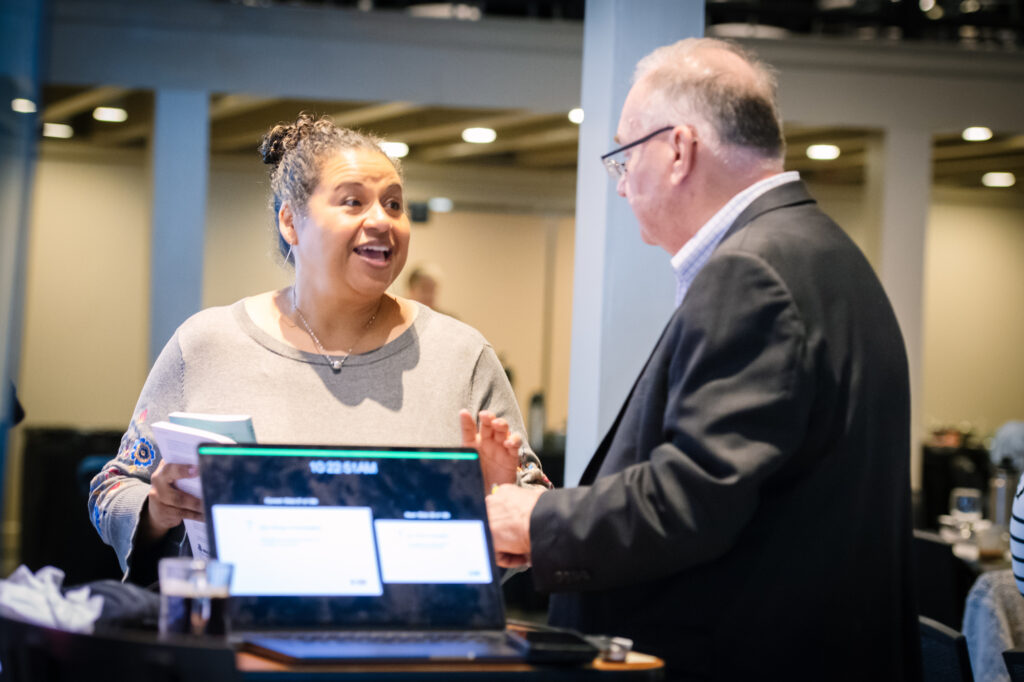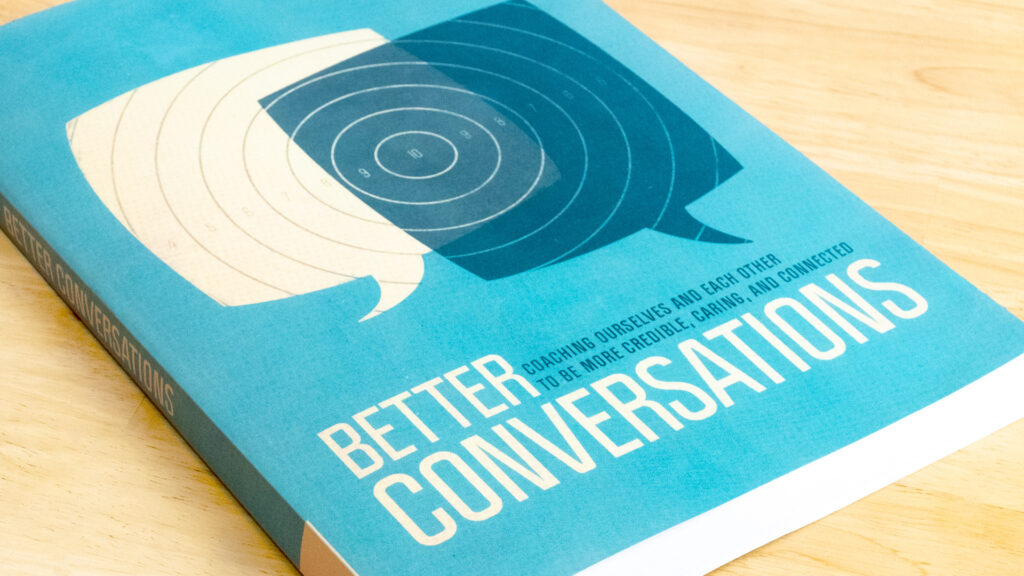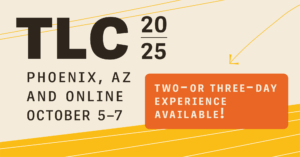
Everything in a school feels like a fire drill. Educators deal with so many issues and crises every minute of the day that it’s hard not to see the average school day as a series of one stop-everything-and-take-action fire drill after another.
- “The kids taking the PSAT can’t get into the computer system!”
- “There’s an angry parent on line 4!”
- “A bucket of soapy water just spilled on the cafeteria floor, and kids are slip-sliding everywhere!”
These problems are not equivalent in their levels of danger, immediacy, and long-term student impact, but in the moment, each one feels like it merits the same response: Now! Now! Now! Adults in a school take everything seriously, and that’s understandable. The enormous weight of the responsibility for so many children triggers that “Now! Now! Now!” response to every situation, but unfortunately, it’s a response that often causes educators to make decisions that don’t have long-term impact in mind.
This “emergency mindset” can undermine the success of instructional coaching as well. The fire-drill-of-the-day can cause leaders to use coaches in ways that feel responsible but actually lessen the ability of the coach to have an impact on students.
For example…
- Instructional coaching research demonstrates that a partnership approach is the most effective way to approach teachers with coaching and with change in general, but leaders tell themselves “The coach needs to get these teachers on board with the new reading program. Now! Now! Now!”
- Instructional coaching research demonstrates that coaches need to have at least 60% of their work time available to work with teachers in student-focused Impact Cycles to have a student impact, but leaders will tell coaches to spend most of their time handling professional development, implementation support, and pull-out student interventions (Now! Now! Now!) and will then later wonder why they can’t tie any student data directly to the work of the coach.
- Instructional coaching research demonstrates that forcing teachers to be coached does not involve long-term positive change for those teachers, but leaders will continue to require teachers on improvement plans to work with a coach to improve because “We have to fix that teacher! Now! Now! Now!”
The hard, cold truth is that control and a “Now! Now! Now!” approach have never brought about real and lasting positive change, but something in our responsibility-laden brains tells us that they will. Trying to control people and situations feels right, it feels responsible, but it’s a trap. It’s a trap because control is an illusion. We can’t control anything but our own response to a given situation.
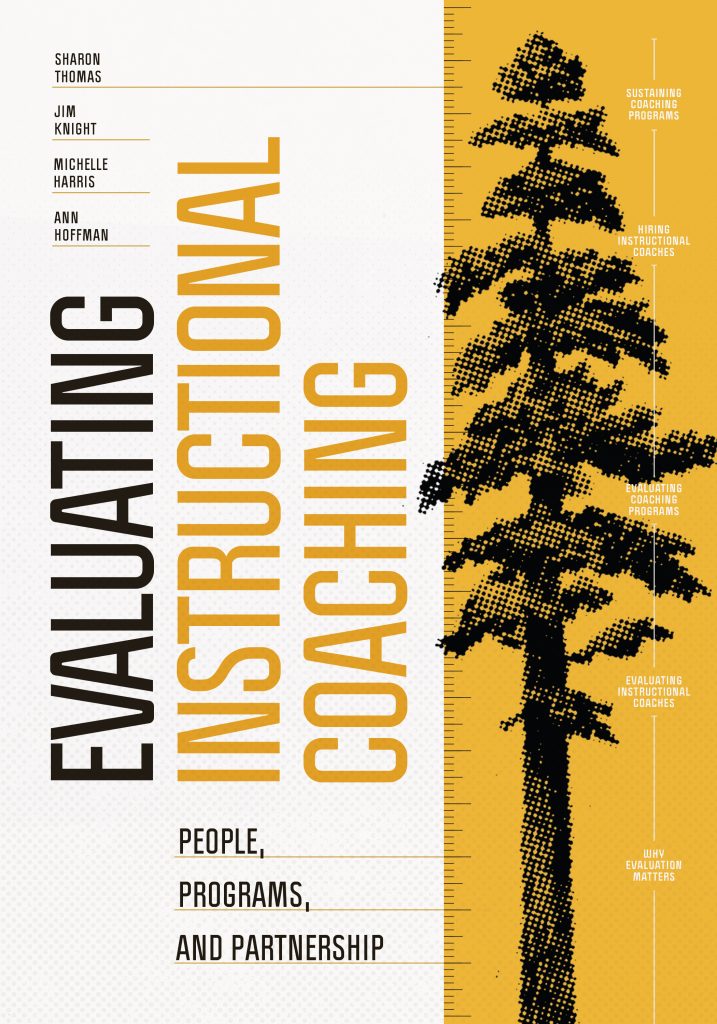
In our new book, Evaluating Instructional Coaching: People, Programs, and Partnership, Jim Knight, Ann Hoffman, Michelle Harris, and myself examine the issue of evaluating instructional coaching programs to ensure that they have the greatest impact possible on students. We provide standards and a rubric for effective coaching programs as well as processes for how to regularly examine the impact of the program to make changes for improvement.
The main thing we offer, though, is this: encouragement to pause from the emergency mindset, to reflect deeply on what it is you want coaching to accomplish, and to figure out how to make those good outcomes happen. When we operate in emergency mindset, our brain tells us that we know best, that we have to act right away, and that no one can handle this situation but us. That mindset flies in the face of good leadership and good coaching as well. We need to pause that emergency mindset before real growth can occur.
All educators want the best for students and also for the adults in the school. To make real change happen—to foster the kind of coaching program that supports teacher and student growth—takes an intentional, reflective stance and intentional planning and focus. Pausing the emergency mindset to strengthen programs doesn’t mean that disasters will start to run amok. It means you’re likely to prevent more disasters from ever happening in the first place.
Get your copy—preorder Evaluating Instructional Coaching: People, Programs, and Partnership!

Today’s featured author is Sharon Thomas, Senior Consultant at ICG, National Board Certified English teacher, instructional coach, student advocate, and writer. Along with her work in ICG workshops, Sharon developed the ICG Coaching Certification process and co-authored the book The Instructional Playbook with Jim Knight, Ann Hoffman, and Michelle Harris.







